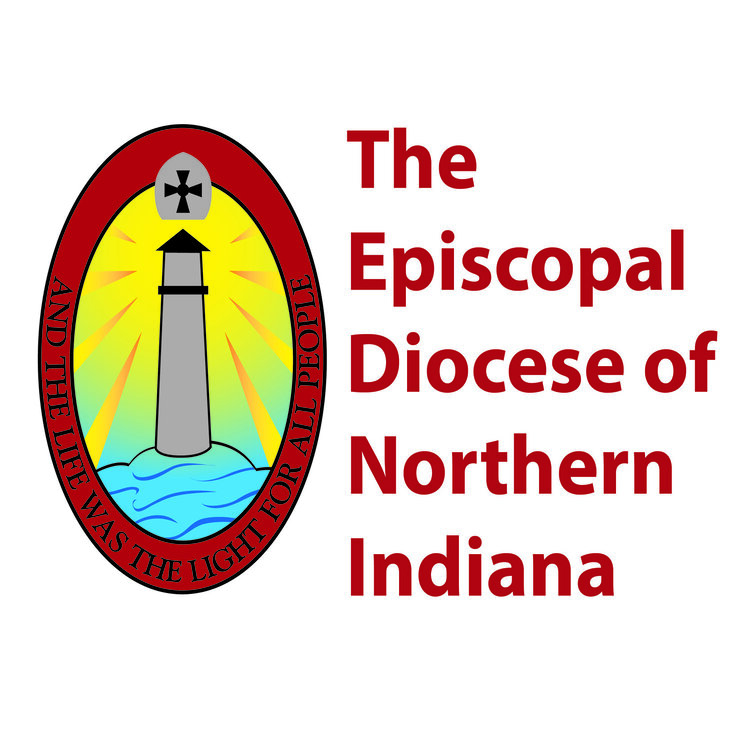Craigo-Snell, Shannon and Christopher Doucot. No Innocent Bystanders: Becoming an Ally in the Struggle for Justice. Louisville, Presbyterian Publishing: 2017.
February 8, 2018—Chapter 2: "Getting Ready to Be an Ally"
1. Craigo-Snell and Doucot are a Presbyterian and a Roman Catholic respectively. Does their account of sin as “not a negative evaluation of humanity but rather a positive affirmation that we have a God-given vocation to love” match up with what you have been taught to believe about sin and/or what you have actually come to believe? How does their account change the way you think about conversations you’ve been in with regard to race?
2. Doucot and Craigo-Snell describe humanity’s “large-scale make-missing” as a condition in which:
As we grow and develop within such fallen human communities, we are shaped and influenced by them. We learn their prejudices, imbibe their violence, and take on their misshapen values. By the time we are able to make free, individual, moral choices, we do so badly. Our freedom is compromised by our cultural conditioning, our individual choices take place in contexts determined by the larger society, our options are limited by unjust social structures, and even our moral compasses have been poorly calibrated in our sinful world. We retain our individual agency—our capacity to act—yet we are also bound by original sin. (60)
In what way and to what extent does this account tell the story of your own experience of systemic racism? In what way and to what extent does this account fit with your theology of baptism as a sacrament through which God cleanses us from original sin?
3 In what way have you experienced the difference between confessing sin and admitting guilt (62) in your own experience of racism?
4. Where and how do you find yourself called to deploy creativity and faith in “deciding how we go about repairing our societal structures”? (69)





